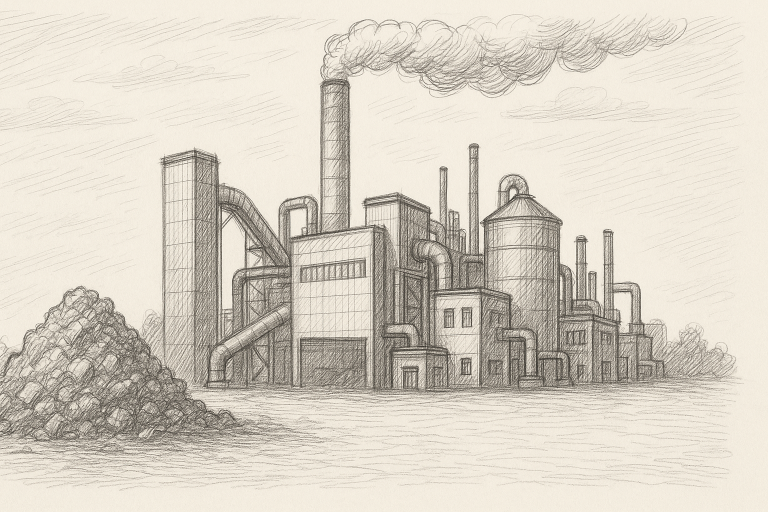Jakarta — Industry stakeholders say the Danantara Investment Management Agency’s (BPI Danantara) efforts to fast-track waste-to-energy (WtE) projects lack a solid data foundation, particularly regarding reliable waste-supply figures and enforceable quality standards.
Lufiandi, Head of the Legok Nangka waste management and processing unit (TPPAS) in West Java, on Thursday, November 20, said Danantara has not yet ensured coordination with the responsible waste-supply parties regarding both quantity and quality. “Danantara needs to provide accurate data on the amount of waste that can supply WtE, not just potential figures,” he said.
He noted that, unlike public-private partnership (PPP) schemes, which include obligations and financial penalties for inadequate waste delivery, Danantara’s direct-supply request for 1,000 tonnes of waste per day lacks sanctions if regions fail to meet the requirement.
Lufiandi added that the absence of waste-quality parameters in Presidential Regulation No. 109/2025 leaves no clear accountability for moisture levels and calorific value, which directly affect electricity output. “Once the quality declines, the amount of electricity generated will also decline. It will not be economical,” he said.
Similar challenges were reported by Mohammad Asyhari of Jinjiang Group Indonesia, developer of the 17.7 MW Palembang WtE plant, who said companies are forced to conduct their own waste-supply surveys due to inadequate government data.
Although Danantara has begun auction processes for WtE facilities in Bogor, Bekasi, Denpasar and Yogyakarta, stakeholders say bureaucratic delays persist. Lufiandi cited an unprocessed permit application pending for more than 5 months, despite the projects being designated as National Strategic Projects.
Asyhari said uncertainty over tipping-fee commitments from changing city administrations has further slowed progress, stressing the need for streamlined agreements involving only the city government and PLN.
Regulatory predictability was also underscored by Sumitomo Corporation’s Kenichi Ishikawa, who stated that operational stability depends on consistent revenue streams from both tipping fees and power sales.
Technical challenges also remain due to the high moisture content of Indonesian waste. SUS International’s Mikael Jazozyk said humidity levels exceeding 50 per cent require specialised bunker-based processing not typically used in drier-waste countries such as those in Europe or Japan.
Compared to other regions, Indonesia’s WtE capacity is reported to be around 1,500 tonnes of waste per day, significantly behind Vietnam’s 6,700 tonnes. (Hartatik)
Banner photo: Image generated by OpenAI’s DALL·E via ChatGPT (2025)















